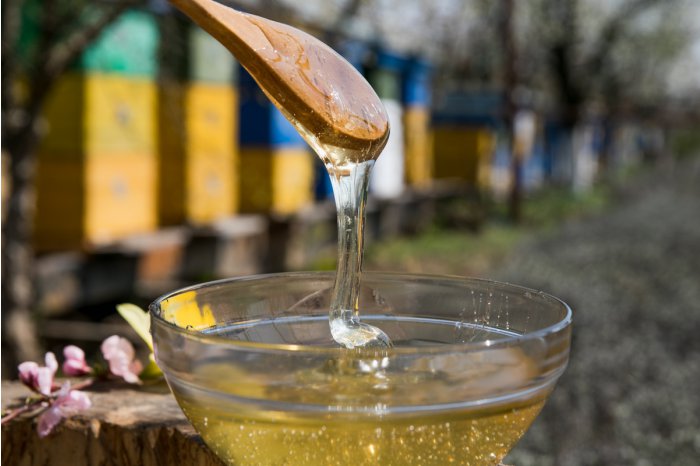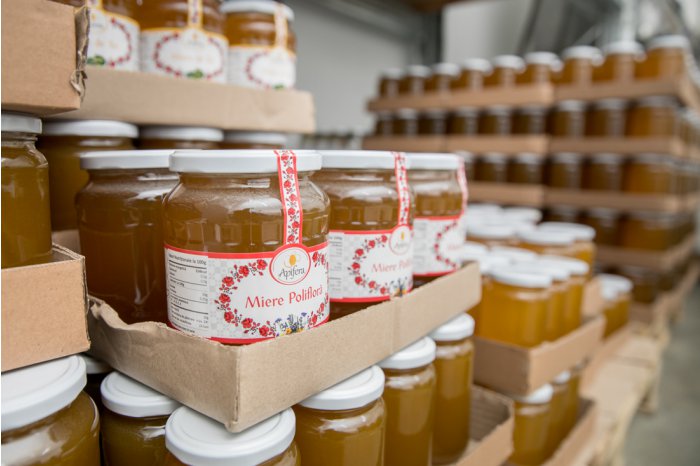Moldovan agricultural company uses equipment slowing down crystallization of honey
16:21 | 17.12.2021 Category: Economic
Chisinau, 17 December /MOLDPRES/ - An innovative equipment, which slows down the crystallization of honey by about six months, bought for the first time ever with the support of the High Value Agricultural Activity of Moldova Project (HVVA Project) of the United States Agency for International Development (USAID), will help native producers increase the export of packed honey to North America, Ireland and Germany.
The new equipment ensures the pasteurization of honey and destroys the crystals, without affecting the honey’s natural properties. The technology sees the warming of honey up to a temperature of +50 Celsius degrees and its cooling during two minutes down to +32 degrees. The equipment costs 580,000 lei, of which the 480,000 lei was provided by the USAID HVVA.
„The packed liquid honey has a value added and, as a rule, is sold at a higher price, against the honey commercialized in barrel. The volume of exported packed honey is small because of the quick crystallization. The lime tree or multi-flower honey is crystallized in 45-60 days or, even if the honey’s crystallization is a natural process, which does not affect the product’s biological and nutritive qualities, consumers are reticent to buying crystalized honey,’’ USAID experts said.
Apifera is a company processing and exporting natural honey, with an experience of over five years, which is the first company having equipment which delays the honey’s crystallization. The company cooperates with about 500 bee-keepers from various regions of Moldova, annually processes and sells about 500 tons of honey. About 85 per cent of the honey collected is exported wholesale in barrels of 300 kg to European states, such as the Czech Republic, Italy, Romania and recently to Norway and the rest of 15 per cent is packed and commercialized on the domestic market or is exported to the North America, Ireland, Germany.
Because of the honey’s quick crystallization, Moldovan apiculturists cannot be competitive on international markets. ‘’Starting the moment of identifying the client and till the honey’s delivery, 45-60 days pass and if the honey is not sold during one month, it is already crystalizing and is not demanded by importers. The packed honey has a value added and the selling price is by 20 per cent higher against the honey sold wholesale, which allows us giving a higher price also to the bee-keepers from whom we collect the honey,’’ the commercial director of the Apifera company, Anatol Rusu, said.
The honey produced in Moldova is among the few products of animal origin exported to EU, North America. Thus, about 80 per cent of the Moldovan honey is exported, preponderantly to EU, such countries as Italy, Poland, Romania. Earlier, the all honey has been exported wholesale in barrels at relatively low prices. Subsequently, the Moldovan honey was packed by international traders and delivered to networks of hypermarkets. The commercialization of packed honey increases the product’s value, cultivating the consumer’s loyalty to the products from Moldova, which are distinguished by their quality and special taste.
According to the National Food Safety Agency, there about 20 exporters of honey in Moldova, of which the biggest 12 exporters are members of the Association of Exporters of Apicultural Products from Moldova.
Photo: moldovaagro.com



